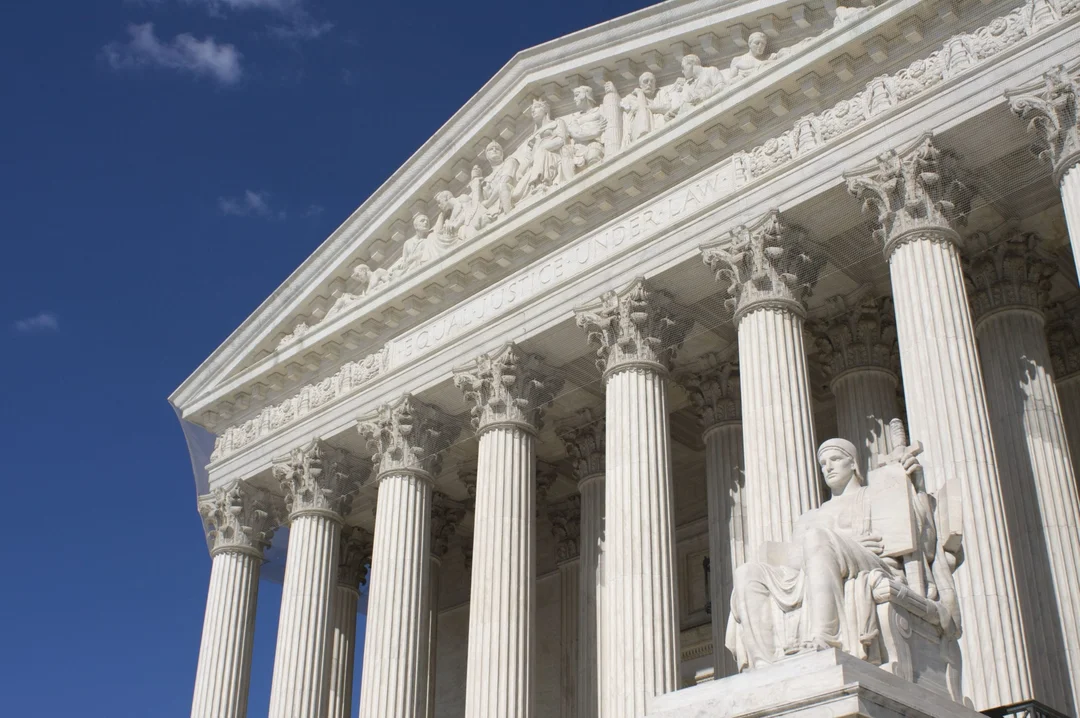
Trump’s Use of Alien Enemies Act for Deportations Sparks Supreme Court Battle
Former President Donald Trump's decision to utilize the Alien Enemies Act to deport Venezuelans to El Salvador has ignited a significant legal battle, now poised to reach the U.S. Supreme Court. The controversy centers on Trump's directive to remove individuals from the U.S. under a law originally enacted during times of war, raising questions about its applicability in the current context.
The Supreme Court is being asked to intervene after lower courts issued conflicting rulings on the deportations. Trump's administration argues that the Act remains a valid tool for national security, while critics contend that its use in peacetime is unconstitutional and violates due process rights.
Legal experts are closely watching the case, as the outcome could set a precedent for the use of historical laws in modern immigration policy. The Supreme Court's decision could have far-reaching implications for how the U.S. handles immigration and national security issues moving forward.
Related issues news
Who was deported to El Salvador?
SAN SALVADOR, El Salvador (AP) — The U.S. government used an 18th-century wartime law to deport more than 200 Venezuelan immigrants earlier this month to El Salvador, where they were immediately transferred to the country's maximum-security gang prison.
Are Venezuelans being deported?
Illinois anthropology professor Ellen Moodie describes the agreement between current U.S. and Salvadoran administrations that has allowed hundreds of Venezuelan immigrants to be deported from the U.S. and detained in an El Salvador “terrorism confinement center.”